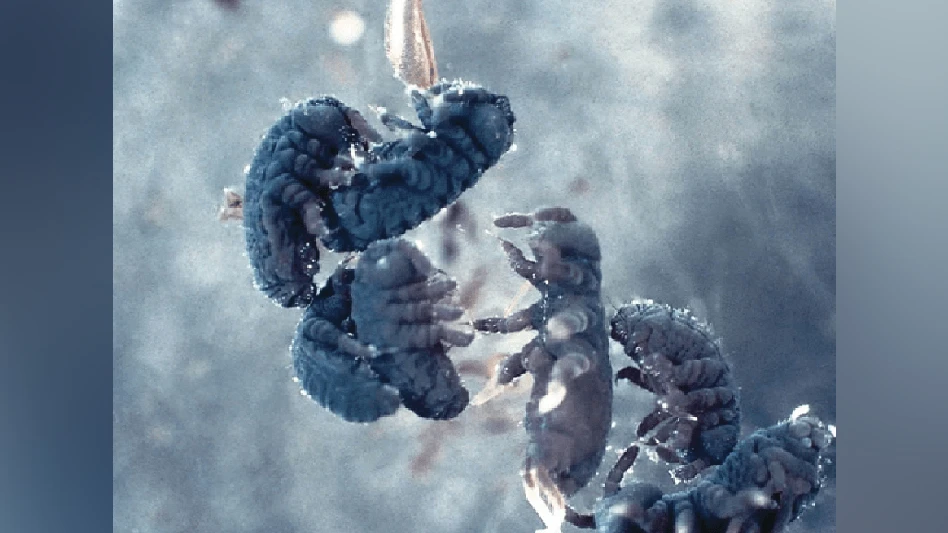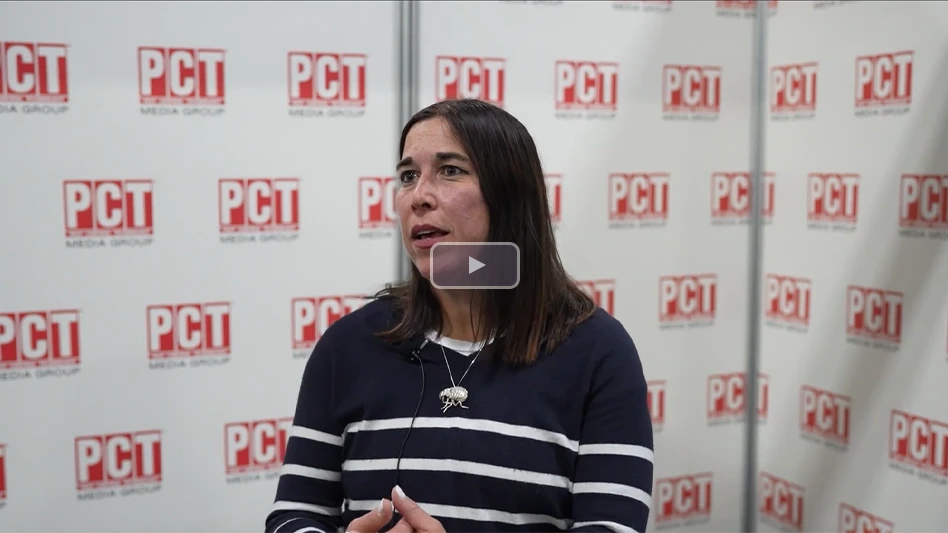While the circumstances are different and the cast of characters may have changed, last month’s "joint agreement" between EPA and Dow AgroSciences – as well as five other registrants of the active ingredient chlorpyrifos – had an eerily similar feel to that hot summer day in August more than a decade ago.
Yet despite their similarities, it speaks volumes about the political climate in which we live today that the EPA official announcing the restrictions on Dursban was not a faceless, mid-level bureaucrat, but Carol Browner, the highest ranking official at the Environmental Protection Agency. Should we have expected anything less given the "media-friendly" nature of the announcement? "This action is good news for the protection of our country’s public health. It is good news for the environment. And it is particularly good news for children, who are among the most vulnerable to the risks posed by pesticides," Browner said earnestly as the TV cameras rolled.
And who could argue? Certainly not chemical company executives, who — despite having science on their side — have learned to swallow hard, bite their tongue and give a diplomatic response every time environmentalists, government officials and reporters raise the issue of pesticides and children. They’re media-savvy enough to understand that they can’t win this battle.
So, like the Velsicol executives before them, officials of Dow AgroSciences took a pragmatic approach to this most recent controversy, extending the life of Dursban products wherever and whenever possible and negotiating with EPA to protect their largest, most important market (i.e. agriculture). Unfortunately, in the wake of such agreements, those working in niche markets like structural pest control and professional lawn care often find themselves with their noses pressed against the window on the out-side looking in.
"We spent $25 million defending chlordane," recalls Ben Williams, a former sales manager for Velsicol and now chairman of the board of B&W Sales & Marketing, Atlanta, Ga., "and in the end it didn’t matter." Not much has changed in 13 years has it? If it’s any consolation, our children are nestled all snug in their beds. Pest management professionals aren’t sleeping nearly as well these days.
The author is publisher of PCT magazine.

Explore the July 2000 Issue
Check out more from this issue and find your next story to read.
Latest from Pest Control Technology
- Massey Services Gives Back to Several Organizations Over Holiday Season
- The Power of Clarity at Work: How Goals, Roles and Tasks Transform Teams
- Unusual Pests of New Homes
- 2024 Crown Leadership Award Winner Bill Welsh
- UC Riverside Scientists Study New Termite Treatment Methods
- Lindsay Hartnett Honored with First Annual Eco Serve HEARTS Award
- 10 Tips to Prevent Freeze Damage
- Island Conservation Unveils New Branding and Website to Support Global Island Restoration





